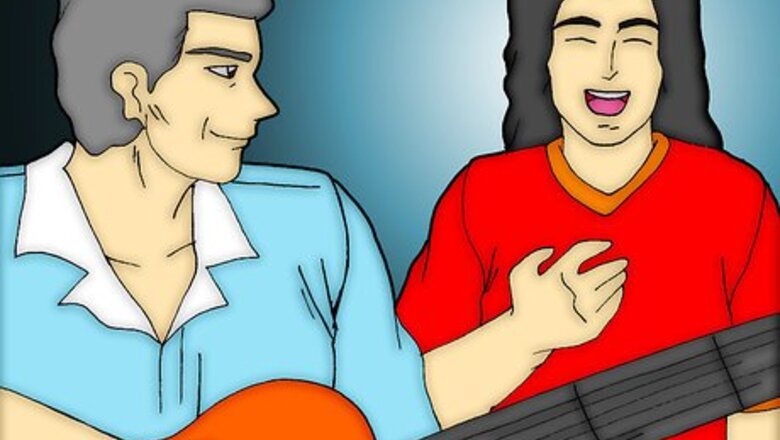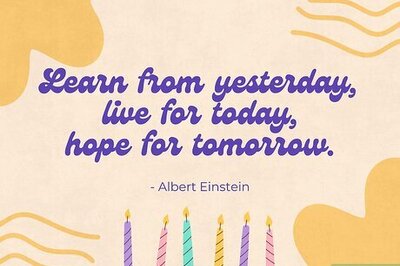
views

Attend every practice if possible. It is essential that you are there when the group is learning new choreography or a new song. Even normal practices are important, since you A) May end up learning new skills and B) Practice really does make perfect. If you can't attend a practice or rehearsal, notify your director in advance. Don't "forget" to tell them. This makes you look very irresponsible, and may inhibit your chances at advancing in the group.

Learn your choreography right away, and ask for help when you need it. Clarify any problems with your choreographer so you don't learn bad dancing habits. Don't talk at dance camps. Not only is this disrespectful to the choreographer, it makes learning a new dance more difficult for you and those around you. Dance days mean movement, and movement means you should wear something comfortable. Sweats, shorts and leggings, and dance pants are all appropriate things to wear.

Practice your dances outside of designated practice times with a friend or two. Help and encourage one another.

Learn your vocals and really project your voice. Don't fade away as you get to a difficult dance break or if you must spin away from the audience.

Do not appear nervous or stiff onstage. Leave everything on the stage, which means perform to the very best of your ability.

Read the lyrics of your songs out loud in front of a mirror to find meaning and have reacting facials that are appropriate. (Example: If you are singing "Nobody No One Can Take Away My Song," look as if you truly feel that no one can take away your song.)

Always use your facials. What you do with your face is much more important that anything your feet do. Exaggerate your normal emotions and project them through your entire face.

Sign up for a show choir camp during the summer for a place to hone both your singing and dancing abilities. Camps are recommended for those the are planning to audition for a choir their first time.



















Comments
0 comment